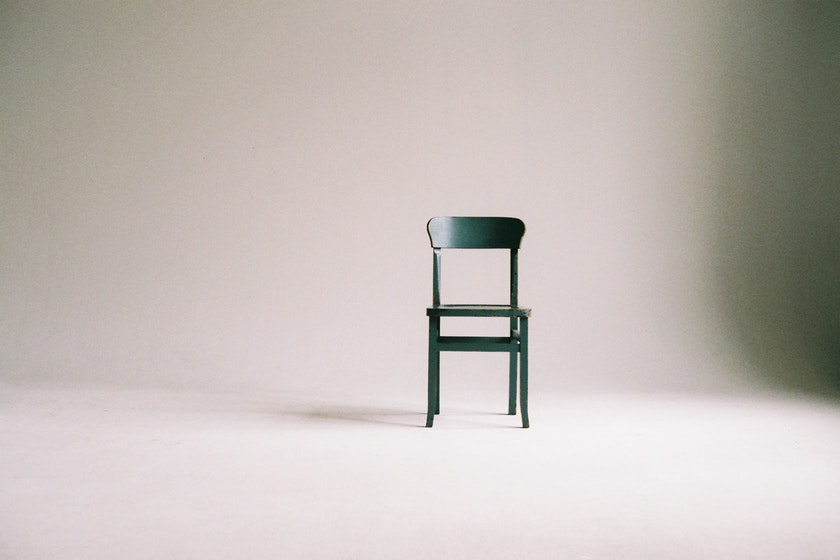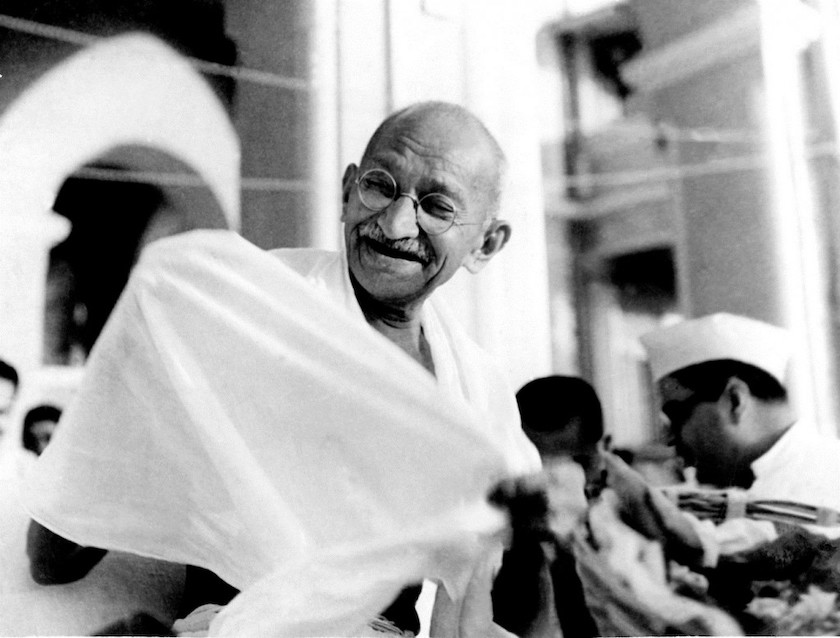The year is not yet a month old and my resolutions are waste paper. I wanted to handle my time more mindfully, focus better and prioritize more effectively. Like so many others, my schedule is crowded and the 5‑hour rule, i.e. following the example of Bill Gates or Warren Buffet and to set aside five hours a week for reflection and learning, seems unattainable. I am neither proud of this nor do I want to brag about it. I prefer to take it as an occasion for a brief recollection of the insights of the Stoics and their proverbial serenity and peace of mind.
Work! But not like an unfortunate one or like one who wants to be admired or pitied. Work or rest as it is best for the community.
Marcus Aurelius
The Roman Emperor Marcus Aurelius is considered the last important representative of the Late Stoicism, one of the most powerful philosophical buildings in Western history. Even without the modern plagues such as e‑mail, Outlook, instant messaging and social media, busyness for its own sake was obviously a thorn in his side. Accordingly, he recommends a mindful and sustainable use of his own resources as the key to a good life. Interestingly, a few centuries later, this is exactly what is found in the rules of Saint Benedict as his well-known motto “ora at labora”.
You are free to withdraw to yourself at any hour. Grant yourself this quite often, this withdrawal into the interior and thus rejuvenate yourself.
Marcus Aurelius
Easier said than done. Certainly for Mark Aurel, but even more for all of us here today with the never-ending day-to-day business of a globally networked working world and a multitude of ideas and opportunities on the horizon. And that is exactly where the problem lies. The proverbial stoic tranquillity is based on recognizing one’s position in the big picture, accepting it by practicing emotional self-control and thus focusing one’s energy on the essential.
To be angry with the outside world would be foolish; it does not care.
Marcus Aurelius
But it is precisely this recognition that is becoming increasingly difficult. The question “Who am I – and if so how many?” by the philosopher Richard David Precht is today – massively reinforced by self-portrayal and self-marketing in social media – many times more complex than it was in the Roman Empire. And so everything seems interesting or somehow important and thus the calendar and the to-do lists are overflowing. Focusing is first and foremost a question of self-awareness. Only those who know themselves and are conscious about their priorities can prioritize. Exactly for this, however, time and leisure are essential. And so the vicious circle closes.
Everyone rushes into his life, suffers from longing for the future and from weariness of the present.
Lucius Annaeus Seneca





